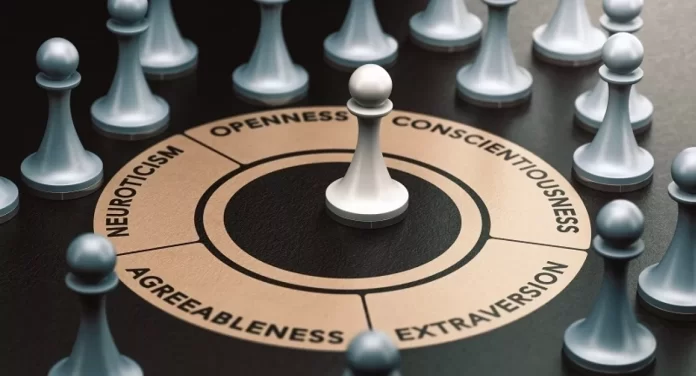Research into fitness regimens now reveals that the level of satisfaction and benefits you get from a particular exercise can vary greatly depending on your personality. Your level of satisfaction is important as it can determine your motivation to stick with a specific exercise routine and benefit from it.
Motivation is an aspect of personality that influences and helps determine the forms of exercise that could provide you with the biggest benefits. Psychologists say that intrinsic motivation is necessary, as it gives us a sense of autonomy, a feeling that we are doing it for ourselves, which provides the impetus to continue doing something over the long term. They add that in addition to self-motivation, an instinctive competitive drive, introversion/extroversion levels, and self-management potential, also play a key role in the kind of activities people are drawn to and how well they will succeed at them.
Whether you are thinking about beginning a new fitness routine or shaking up your current one, knowing your personality type might help you determine which workout will be the best fit. Determining your personality type has never been easier with so many self-report tools available online. However, despite the accessibility and popularity of many online tests, experts say that not all of them can be considered scientifically valid or reliable.
A new ‘Big Five Personality Scale’, which is popular with numerous scientists and researchers, assesses people based on five major psychological traits, all of which exist along a continuum. These traits are: openness; conscientiousness, extroversion (which determines how energetic, sociable and friendly a person is); agreeableness; and neuroticism (one’s inability to withstand stress).
A number of websites offer versions of the Big Five personality test, with one popular online option being the ‘Big Five Inventory’. This is a short test that uses your answers to 50 multiple-choice questions in order to determine where you fall on the spectrum for each of five personality traits.This in turn can help determine which of the following types of exercise will either be the best fit, or ones you may want to avoid.
Openness: For people with a high level of openness, hiking is a great form of exercise as openness correlates to adventure-seeking and a willingness to try new things. Hiking is a great way to burn calories, and a number of studies have highlighted its mental health benefits too. Recent research has also found that even short 5-minute walks every 30 minutes throughout an 8-hour workday can help lower both blood sugar and blood pressure.
Conscientiousness: For people with a high level of conscientiousness — those who display traits such as being well-organized, with strong self-control, and time-management skills — High-Intensity Interval Training (HIIT) would be a great fit. HIIT, which involves structure and order, and has clear targets and plans, will appeal to the conscientious person.
HIIT workouts consist of short bouts of intense activity followed by low intensity rest periods. Though they may be of short duration, HIIT workouts can burn 25–30 percent more calories than other forms of exercise.
Extroversion: For people with a low level of extroversion, yoga could be a good choice as it involves spending time alone. Extroversion or extraversion describes people who tend to seek out social stimulation and opportunities to engage with others. On the other hand, introverted people who score on the lower end of the extraversion scale find social interactions more draining than extroverts.
Yoga is a great workout for introverted personality types, as the entirety of the practice is centered around turning your attention inward and offers numerous physical, mental, and spiritual health benefits that improve your body, mind and spirit through activities such as stretches, poses, meditation and breathwork. Numerous studies have found that yoga may also help reduce anxiety, improve sleep, and boost your immune system.
Agreeableness: People with a low level of agreeableness could consider CrossFit. Agreeableness is a willingness to go with the flow and let others lead. On the opposite end of that scale is competitiveness. If you are a person who scores low on the agreeable scale, you would likely thrive in a sport where you are either working against someone else or where you are able to gamify workouts by competing against your own personal ‘bests’.
CrossFit is a form of high intensity interval training that focuses on strength and conditioning. Workouts typically consist of functional movements such as pushing, pulling, and squatting, all performed at a high level of intensity. Competitiveness is highly encouraged among CrossFit athletes, as the focus is on your own growth in a competitive environment.
Neuroticism: For people with a high level of neuroticism, cycling could be an ideal choice as it helps to face different sustained challenges from steep uphill climbs to pushing against increasing resistance. While the word neuroticism can have negative connotations, studies show it to be an adaptive behavior that aids in survival of species.
Cycling is also a workout that can be performed at either high or low intensities, and assists in promoting healthy weight management, strengthening leg muscle, and even improving cognitive function in older adults. It could also help improve cholesterol levels and lower your chances of having a stroke or heart attack by boosting your cardiovascular health.
















